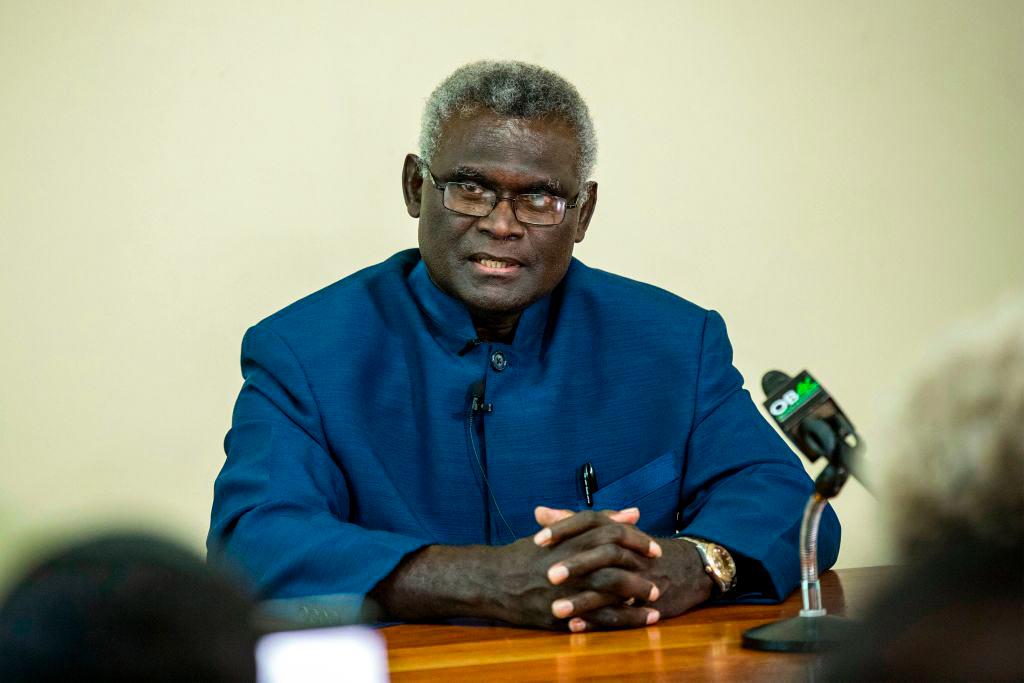To regain ascendancy over Beijing in the Solomon Islands, Australia must tackle the increasing assertiveness of Prime Minister Manasseh Sogavare who could engineer a “false flag” event to tighten control over the Solomon Islands after his government entered a secret security deal with Beijing, according to a South Pacific expert.
The agreement, if carried through, could pave the way for Chinese troops to be stationed on the Island and establish a new forward position for Beijing to assert control over the Indo-Pacific. The Solomons was the site of the Battle of Guadalcanal during World War II and fought over tooth and nail because of its influence over the sea lanes in the region.





